
China
12:02, 14-Dec-2018
40 years in words: Five terms that describe the major changes in Chinese society
Updated
11:27, 17-Dec-2018
CGTN
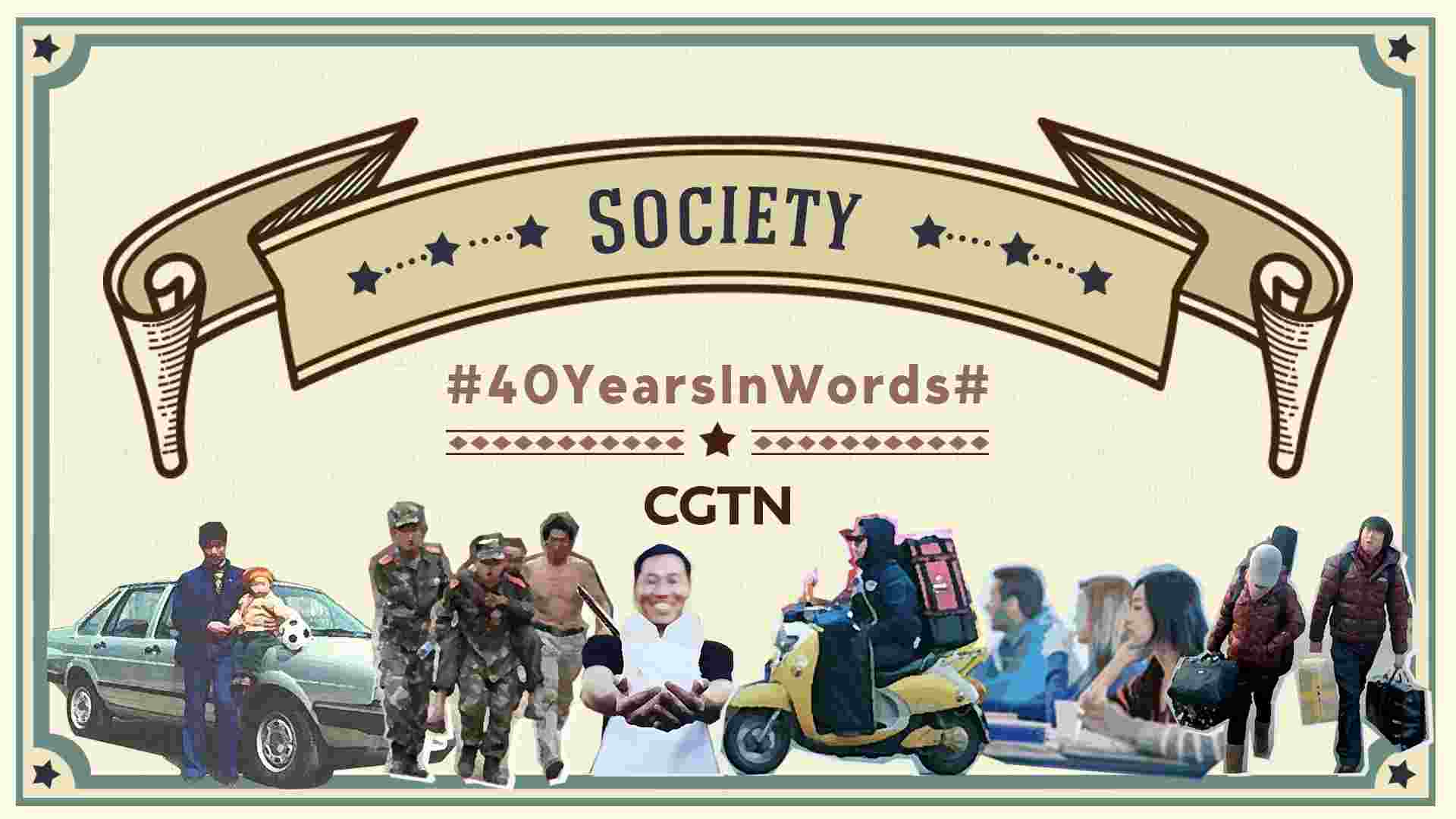
China's reform and opening-up policy has been the major driving force behind the country's miraculous economic growth and societal changes over the past four decades.
Since the policy was introduced by the late leader Deng Xiaoping, China has embarked on widespread economic reforms in both rural and urban areas, transitioning from a planned economy to a market economy and opening its door to welcome the world.
The systematic reform also led society towards unprecedented changes, where people saw sprouting business opportunities, chances for upward social mobility and an overall improved livelihood.
To better understand the policy's enduring impact on Chinese society, CGTN has rounded up a handful of catchphrases that are exemplary in defining the era.
Plunge into the sea of business
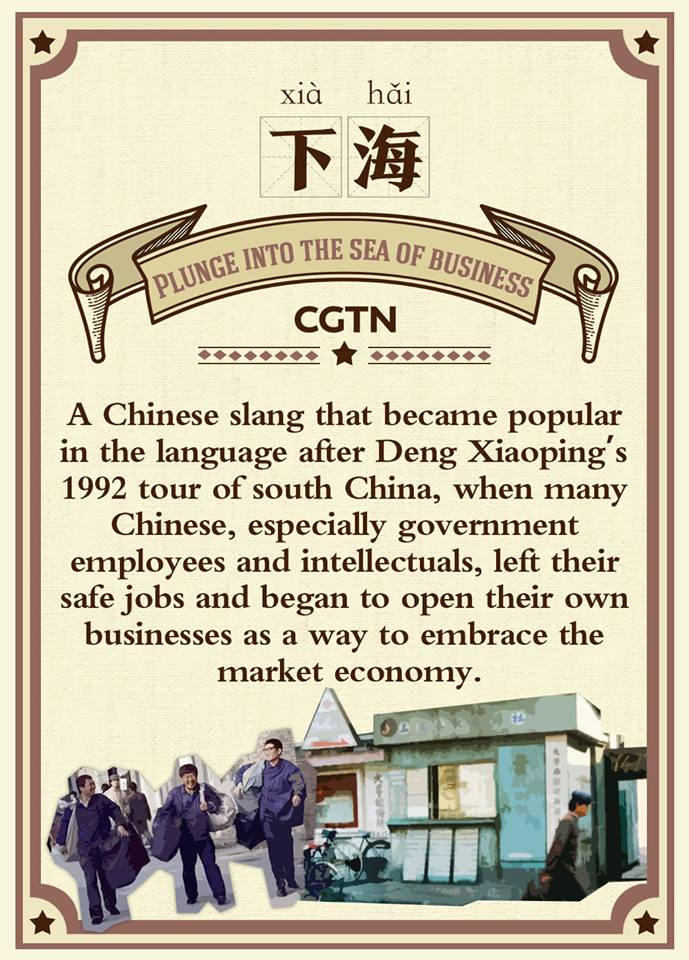
CGTN Photo
CGTN Photo
During the 1980s, when China started initiating economic reform, most restrictions on private business were removed, while a set of new business opportunities were created.
As a result, many Chinese people, especially civil servants and intellectuals, left their safe jobs and set up private businesses, seeking better financial results as well as embracing the market economy.
These people, though with limited knowledge of business management, made bold moves as they abandoned government positions and ventured into the business industry, which at that time seemed full of risks and uncertainty. People thus came up with an expression “plunge into the sea” as a metaphor to describe these go-getters.
A majority of the self-starters withstood the test of time and later became remarkably successful entrepreneurs, with some becoming industry leaders in modern China.
10,000-yuan household
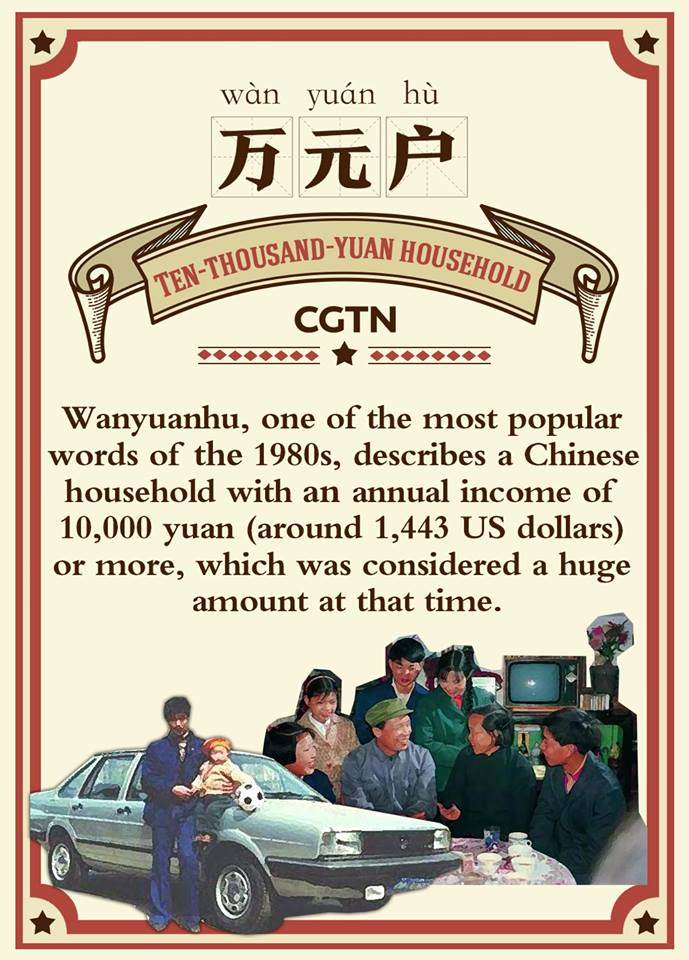
CGTN Photo
CGTN Photo
“Wanyuanhu,” or “10,000-yuan household,” refers to the first group of newly rich Chinese. The term emerged in the early 1980s to describe households with annual incomes exceeding 10,000 yuan (approximately 1,500 U.S. dollars).
Back in the late 1970s and early 1980s, 10,000 yuan was a significant amount of money for ordinary families whose savings hardly amounted to 1,000 yuan.
China's senior leader at the time, Deng Xiaoping, wanted to help certain people in the country get rich first, with the aim of achieving common prosperity. This has been a major government policy ever since, and the emergence of China's reform and opening up program brought more families into this erstwhile exclusive group.
'Sea turtle'
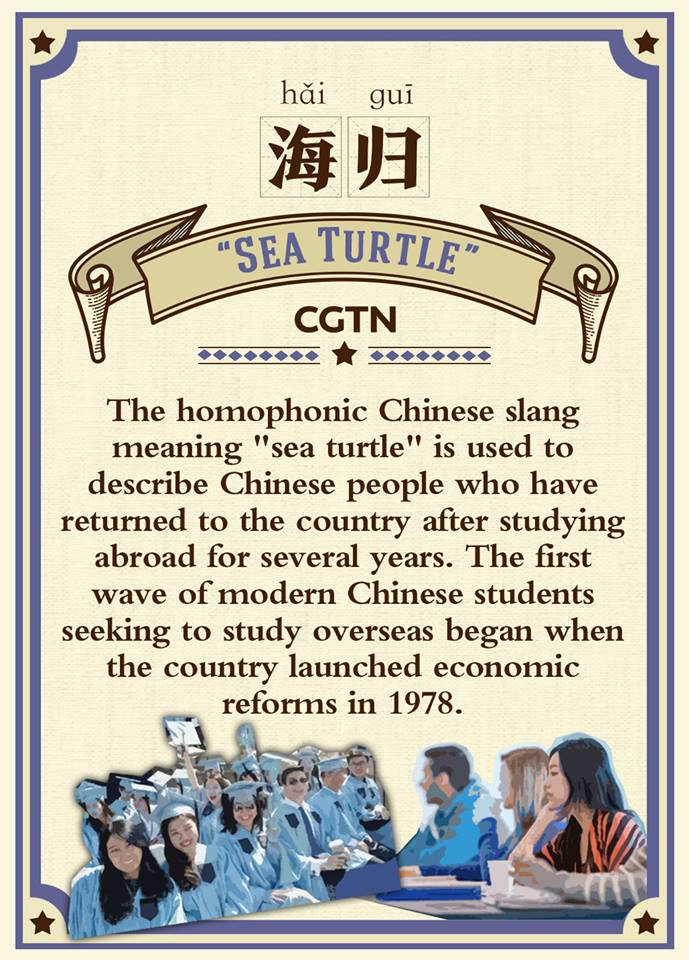
input words
input words
In June 1978, Deng Xiaoping delivered a speech and made a strategic decision of expanding the scales of sending Chinese students and scholars abroad.
“We are going to send thousands or tens of thousands of students to study overseas,” said Deng, proposing the idea as one of the crucial ways to raise the level of Chinese science and education. As a result, around 3,000 Chinese students, all funded by the government, were sent to various countries between 1978 and 1979.
These students, who mostly came back to China after finishing overseas studies, were later referred to as “sea turtle,” a homophonic Chinese term to describe the students who returned to their homeland after going abroad.
Since then, the number of Chinese students going abroad for education purposes has seen a rapid increase each year, especially after the mid-1980s when the country launched a policy that allowed ordinary people to study abroad on their own. Performed as vital portals to the outside world, these “sea turtles” played a prominent role during the process of China's modernization.
Beijing drifters
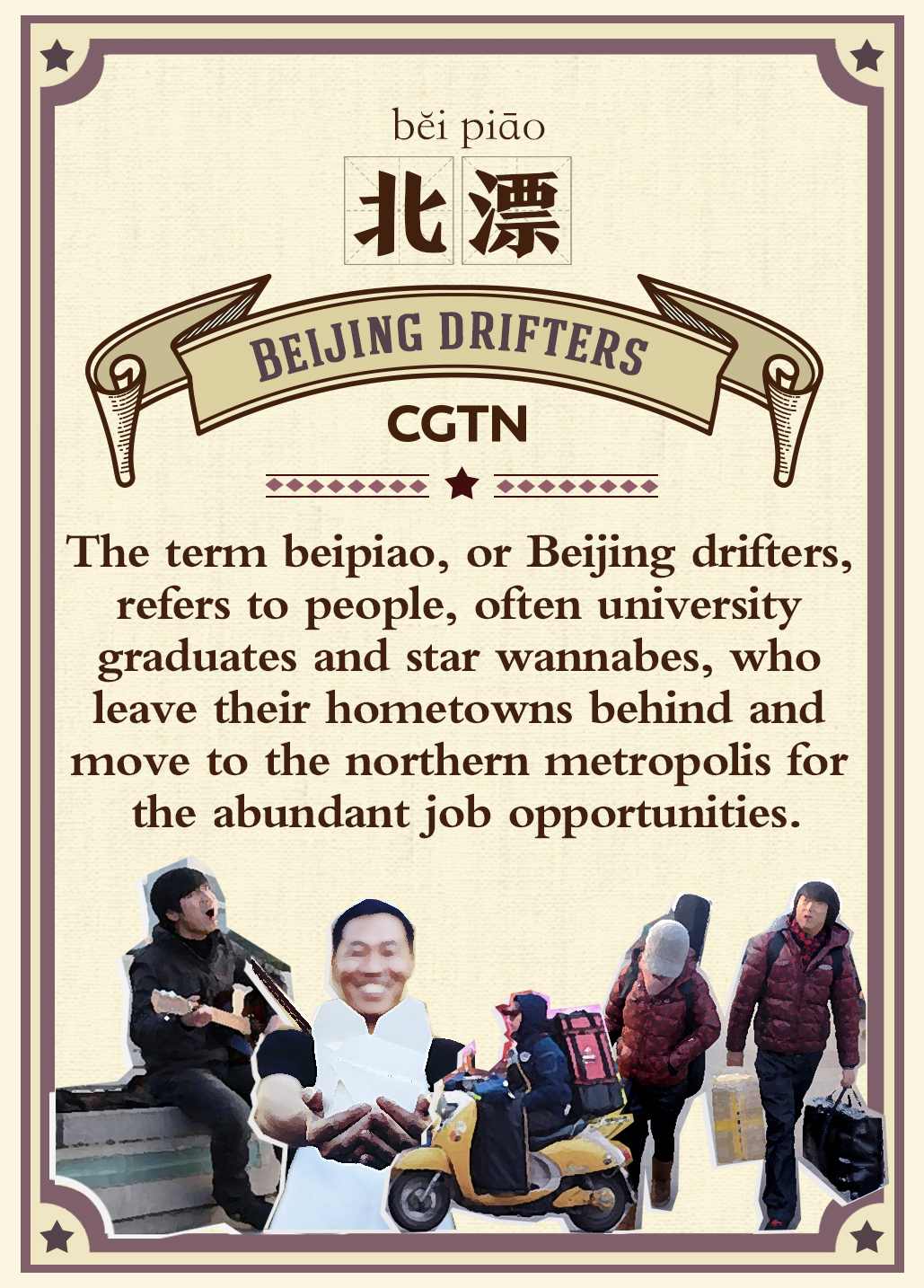
input words
input words
Since China opened up to the world, Beijing has functioned not only China's political, economic and cultural center but also as a talent magnet. Out of the 20 million people living in the city, eight million are beipiao, or Beijing drifters.
They are the dream chasers, often university graduates or those seeking fame, who leave their hometowns behind and move to the northern metropolis for its abundant education and job opportunities created since the city underwent dramatic changes thanks to the reform and opening up policy.
Beipiao often describe themselves as drifters because they don't have permanent resident status in the city and can sometimes feel emotionally detached in the concrete jungle.
Earthquake relief efforts
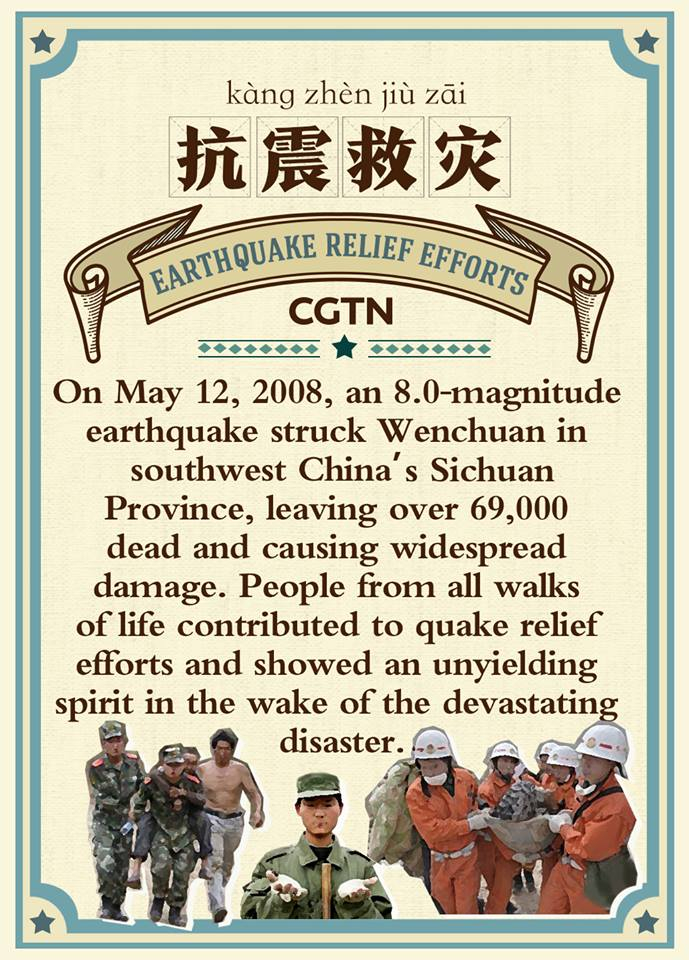
input words
input words
On May 12, 2008, an 8.0-magnitude earthquake rocked Wenchuan and the surrounding counties in southwest China's Sichuan Province, leaving over 69,000 dead and causing widespread damage. Tremors were felt across the country and also in some neighboring countries including Japan, Thailand, Vietnam and Pakistan. It was the most destructive earthquake to strike China since 1949.
In the wake of the devastating disaster, Chinese people from all walks of life came together and showed an unbending will and great compassion in their contributions to the earthquake relief efforts. The Chinese government reacted swiftly, deploying hundreds and thousands of soldiers, police officers and medical staff to the hardest-hit areas. The general public also pitched in, donating blood, food and money to support the wounded.
It was a formidable challenge for the country and its people, but China withstood, thanks to decades of economic growth and social development.
On the first anniversary of the devastating quake, China made May 12 the official National Disaster Prevention and Mitigation Day. In March this year, China also set up a Ministry of Emergency Management to improve the national response to disasters.
This is part of the "40 Years in Words" special series that examines in key words some of China's policy milestones, changes in people's livelihood and cultural staples from the country's reform and opening up to commemorate 40 years of the historic drive.
Related Story:

SITEMAP
Copyright © 2018 CGTN. Beijing ICP prepared NO.16065310-3
Copyright © 2018 CGTN. Beijing ICP prepared NO.16065310-3